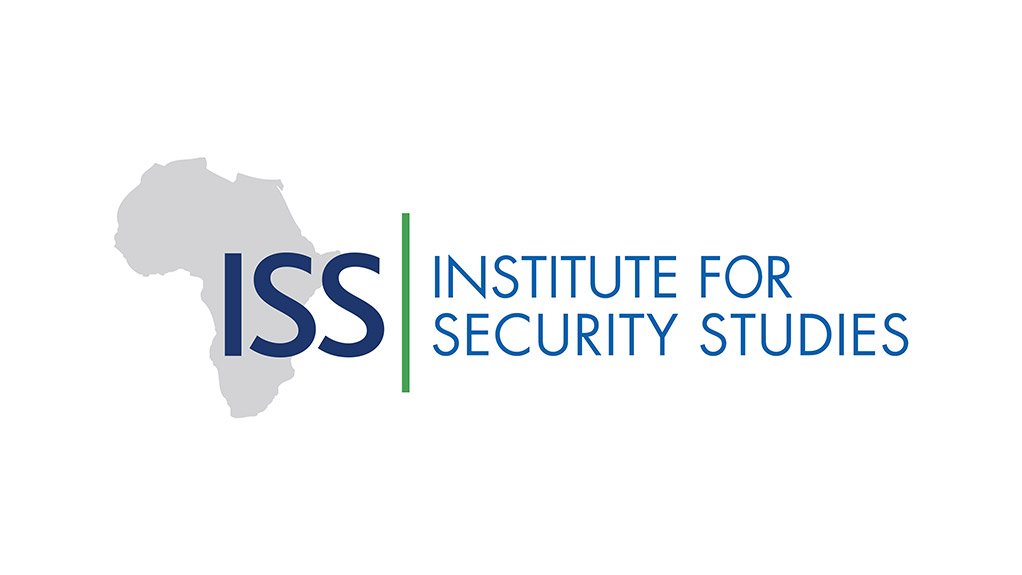The president’s dissolution of the anti-graft unit’s board raises questions as senior officials fall under the corruption spotlight.
Zambia’s President Hakainde Hichilema dissolved the board of the country’s Anti-Corruption Commission (ACC) board on 18 July. The Presidency said this was ‘to renew the [ACC’s] sacred mandate’ after claims that the commission had been captured by senior state legal team officials accused of graft.
The move came just days after Dr O’Brien Kaaba, an ACC board member, alleged that the commission had been captured by corrupt elements in government. He said the ACC’s management team, led by Thom Shamakamba, wasn’t moving forward with cases, including matters involving corruption claims against some of Hichilema’s legal team in the Attorney-General’s chambers. Shamakamba resigned on 17 July.
Some observers are questioning Hichilema’s motives for the board’s dissolution. While the Presidency maintains the aim is to wipe the slate clean and start again, some believe he wanted to avoid having to investigate graft claims against senior government officials. This raises questions about his commitment to fighting corruption, which he pledged when he took office in 2021.
The current upset started in the first week of July when the Financial Intelligence Centre (FIC), Zambia’s government agency dealing with illicit financial flows relating to money laundering and terrorism financing, released its 2023 trends report. It revealed that corruption and the plunder of national resources under Hichilema’s ‘new dawn’ government were rising compared to previous years.
Instead of outlining a containment strategy, the government’s rationalisation of the FIC findings suggested a lack of commitment. Vice-President Mutale Nalumango told Parliament the figures reflected a devaluation of the local currency and increased inflation, rather than a spike in graft. Hichilema said it was unrealistic to think his administration could stem the tide in the relatively short period he had been in office, because many people lived off corruption.
Questions are now being asked about the president’s failure to move against senior officials who are increasingly being reported for graft. His Solicitor General, Marshal Muchende, has been accused of taking a US$500 000 bribe from a former provisional liquidator. ACC communications head Timothy Moono confirmed that Muchende had been under investigation for over a year and that proceedings had reached an advanced stage.
Hichilema has remained silent on these allegations, despite credible organisations like Transparency International (Zambia) calling for Muchende’s dismissal or resignation. Some see this as the president actively shielding him from investigation. Muchende says he won’t resign, feeding the impression that he’s immune from reproach.
The ACC board’s dissolution compounds suggestions that Muchende is being protected from the law. Former ACC Chairperson Musa Mwenye hinted at this in a 22 July statement. He said the state had frustrated ACC efforts to investigate government officials over the past three years. According to Mwenye, the government appointed a strong board to appear legitimate, but chose a pliant operational management team.
In a revealing twist of events, Muchende instituted a defamation suit against Kaaba on 18 July. Yet Kaaba’s accusations haven’t mentioned him either by name or position. Muchende’s response smacks of intimidation, especially in the absence of presidential censure regarding the allegations against him.
Data from the Corruption Perceptions Index (CPI) indicates that over the years, Zambia has performed just above sub-Saharan Africa’s average, and ranks in the top third among its continental peers (see chart). This is nevertheless a low ranking that reflects the spread of corruption in the country.
Corruption trends in Zambia according to the CPI (100 = best score)
Source: Transparency International
Zambia saw a steady CPI decline from 2016, reaching its lowest score of 33 in 2021, the year Hichilema took office promising to fight corruption. The four-point increase to 2023 can be attributed to measures his administration implemented, such as establishing the Economic and Financial Crimes Court. The court adjudicates cases that include corruption, money laundering and embezzlement. Expectations were raised that prosecutions of high-profile cases would follow, but few convictions have been secured and no credible investigation and prosecution has been launched into current officials.
The unfolding saga between the ACC board and Shamakamba, as well as other recent scandals such as that involving procurement of hospital drugs, undermine the gains made in the past three years. These incidents also diminish Hichilema’s credibility as a committed anti-graft champion, whose responses to allegations against senior government officials should follow an unimpeachable process.
Hichilema’s United Party for National Development (UPND) came to power as a ‘new dawn government’ promising unmatched democratic credentials. Despite initial progress on many fronts – such as decriminalising the president’s defamation law and mitigating political violence – there are signs of democratic backsliding. Examples include the unfair application of the Public Order Act to constrain the political space, and using legal architecture to suppress perceived political opponents.
The general perception in Zambia is that the ruling party remains intolerant of any form of criticism. Repressive responses to contrary views not only dent the government’s international standing, but taint the UPND’s democratic record – all of which is exacerbated by weak communication.
This is a defining moment in Hichilema’s presidency. To prevent the UPND’s much-touted ‘new dawn’ from slowly turning into ‘hours of darkness’, he must pursue a process that builds integrity rather than questions it.
Written by Tunji Namaiko, Consultant, Southern Africa, ISS Pretoria
EMAIL THIS ARTICLE SAVE THIS ARTICLE ARTICLE ENQUIRY FEEDBACK
To subscribe email subscriptions@creamermedia.co.za or click here
To advertise email advertising@creamermedia.co.za or click here











